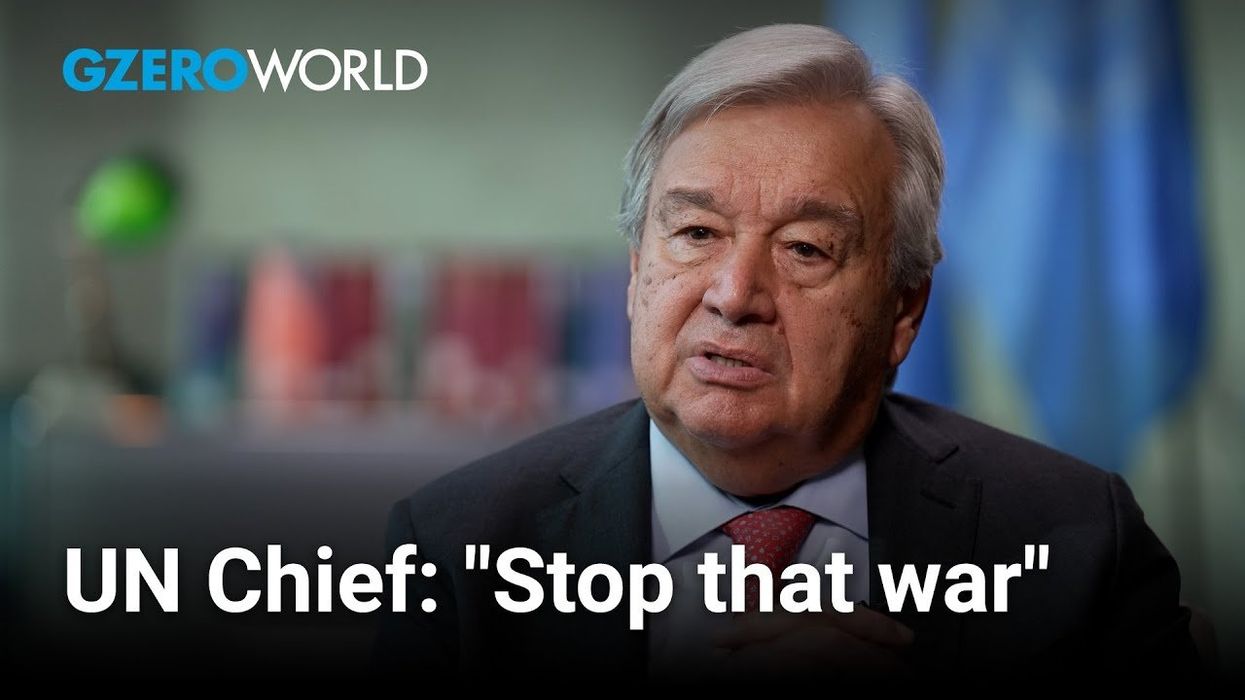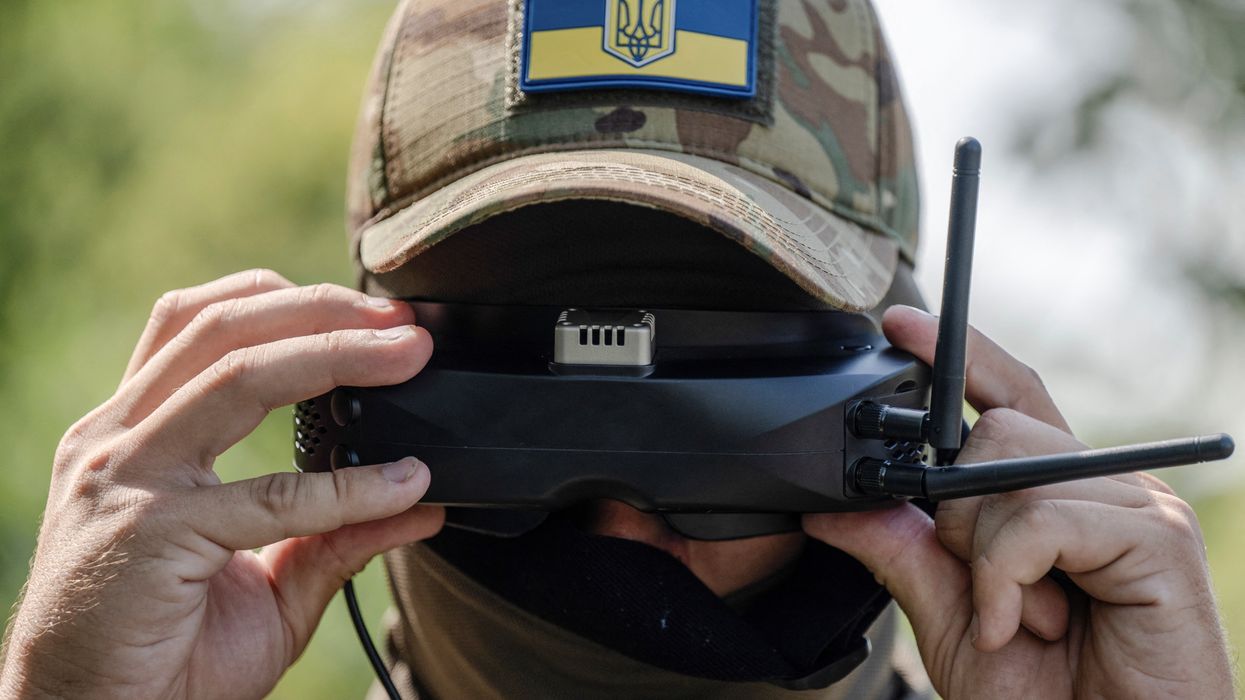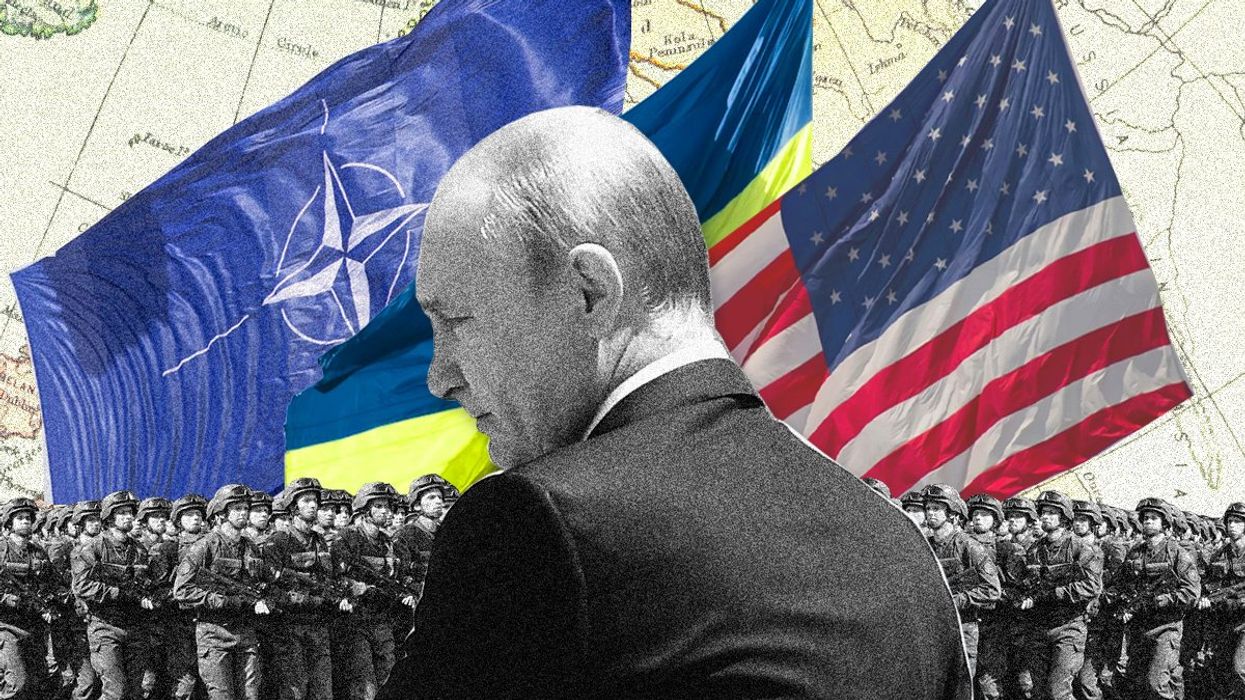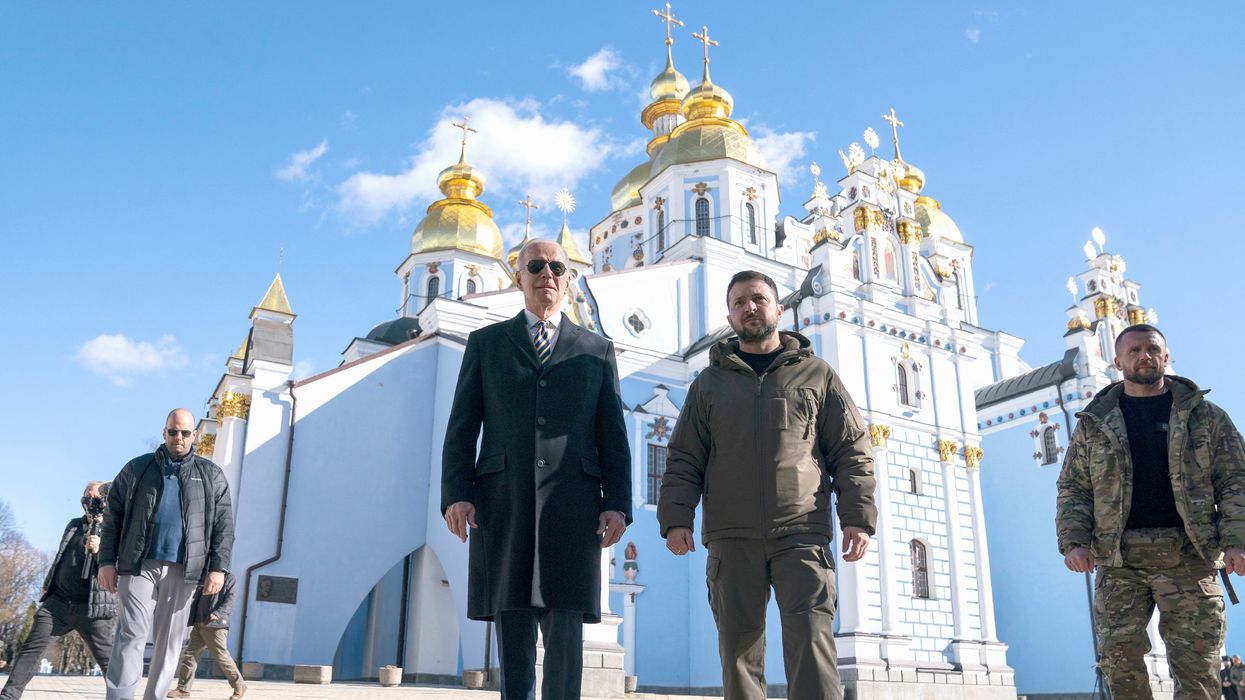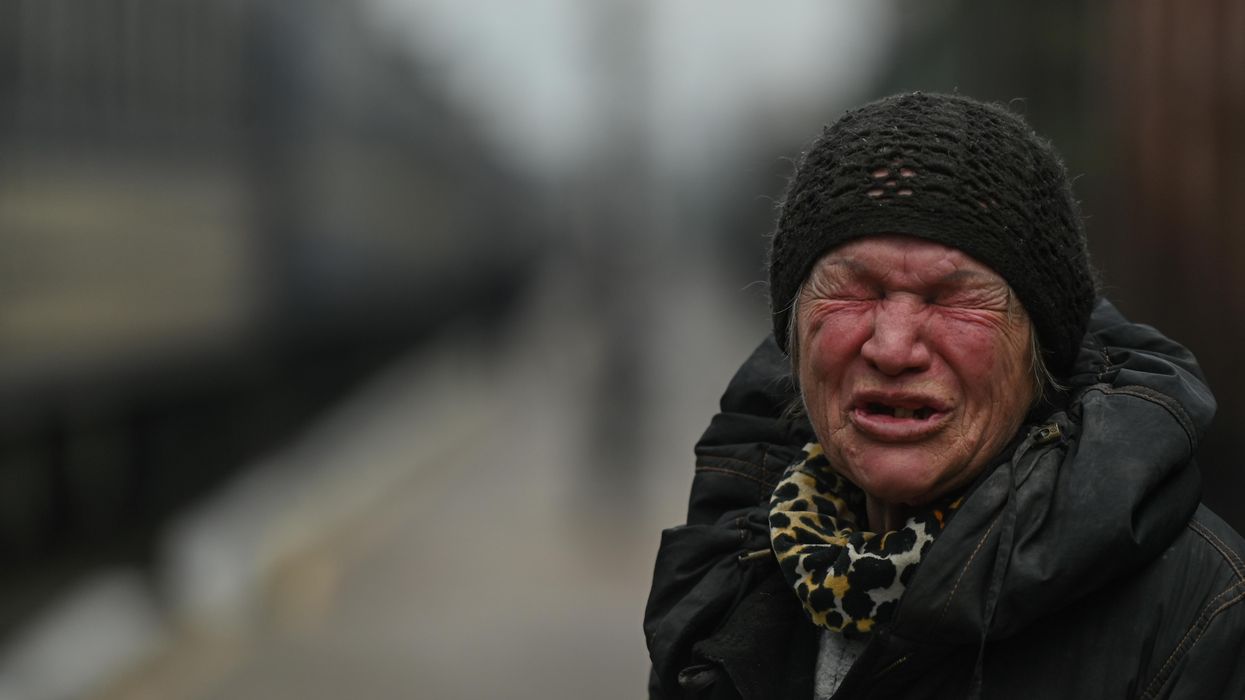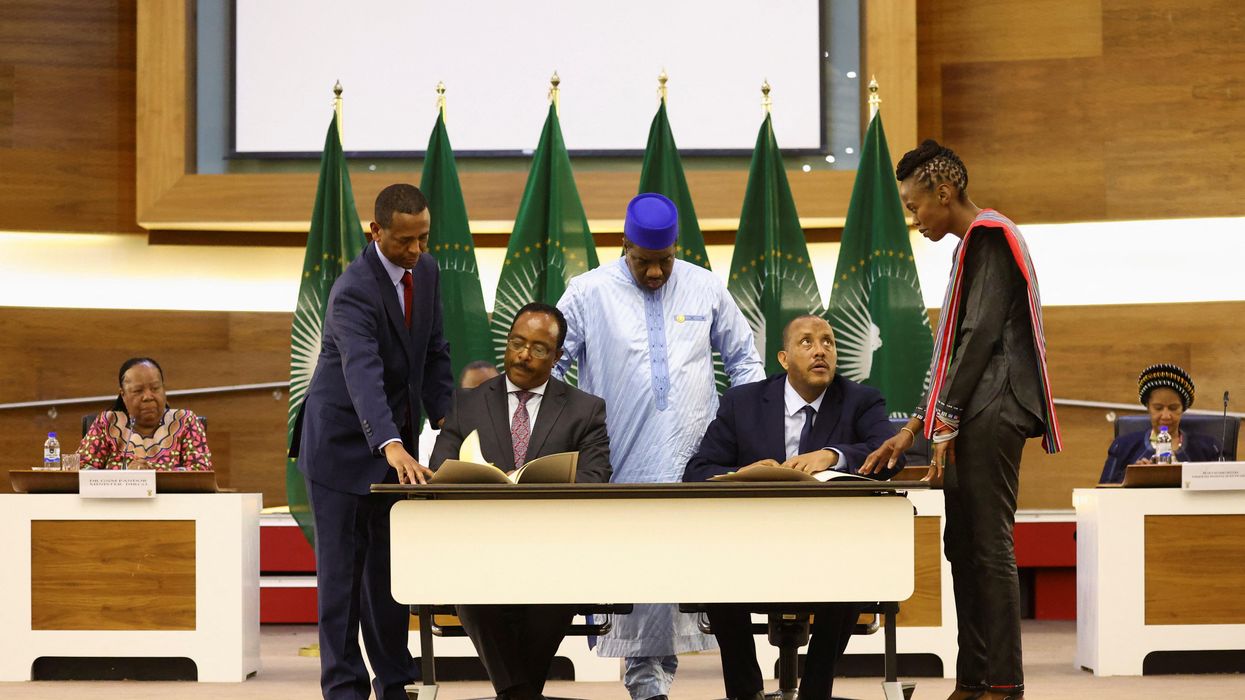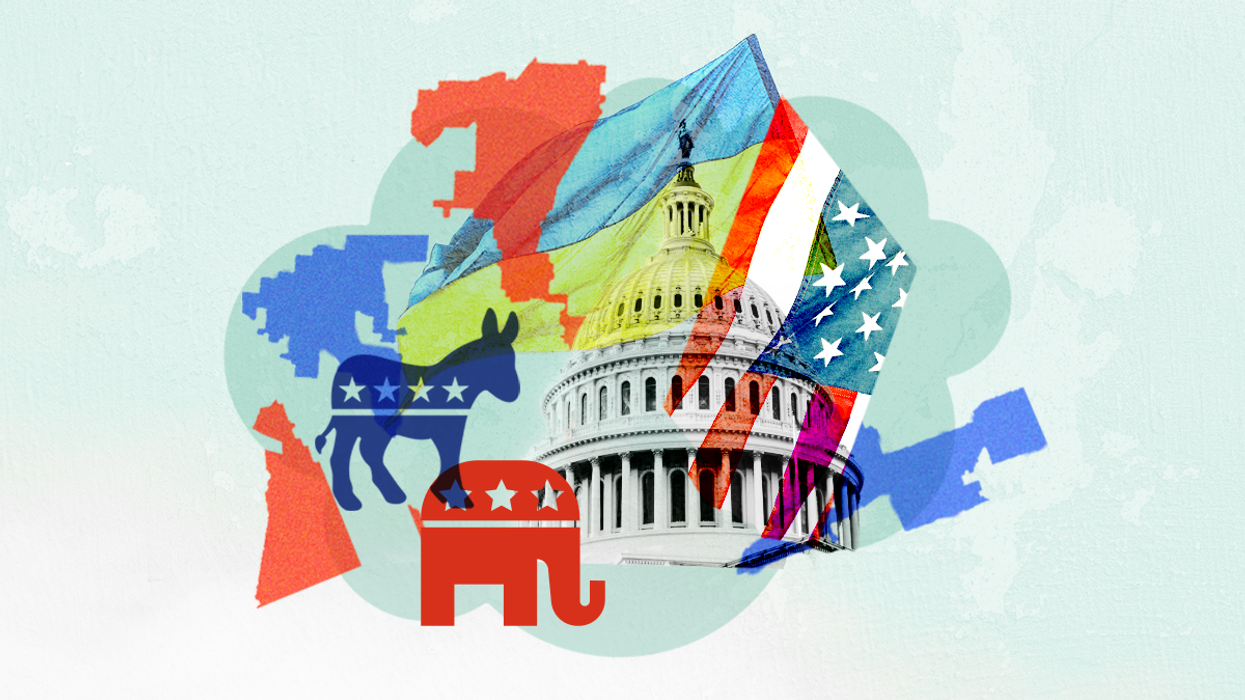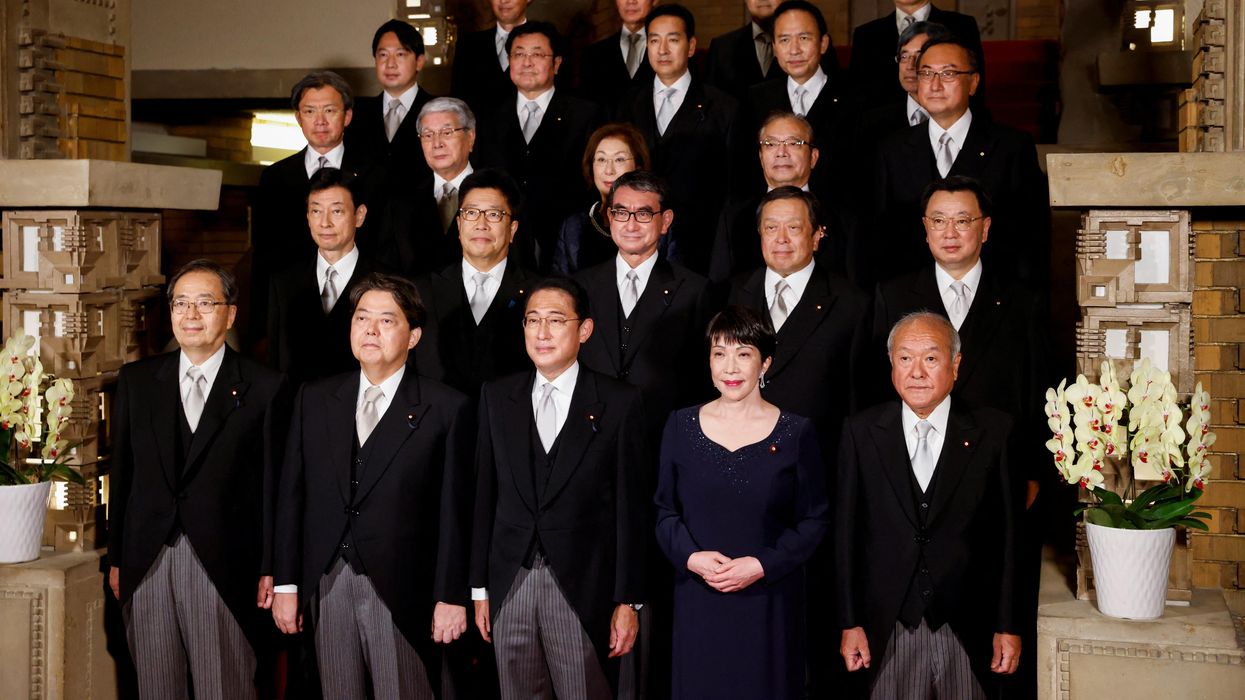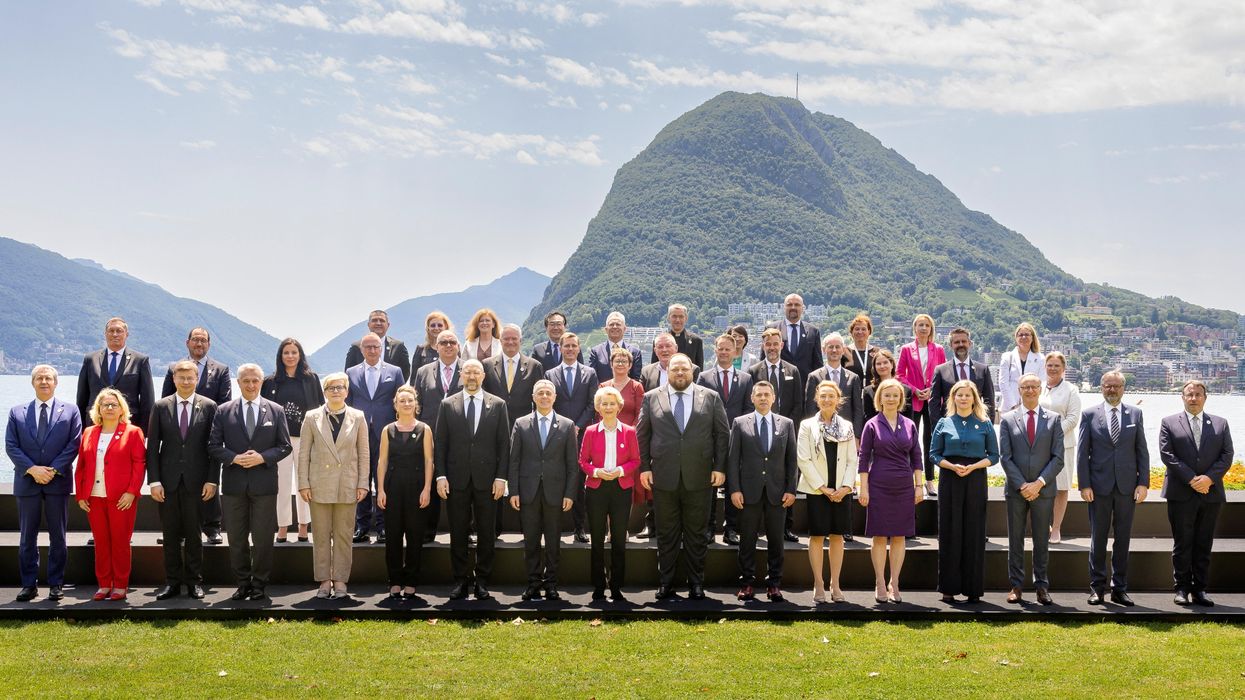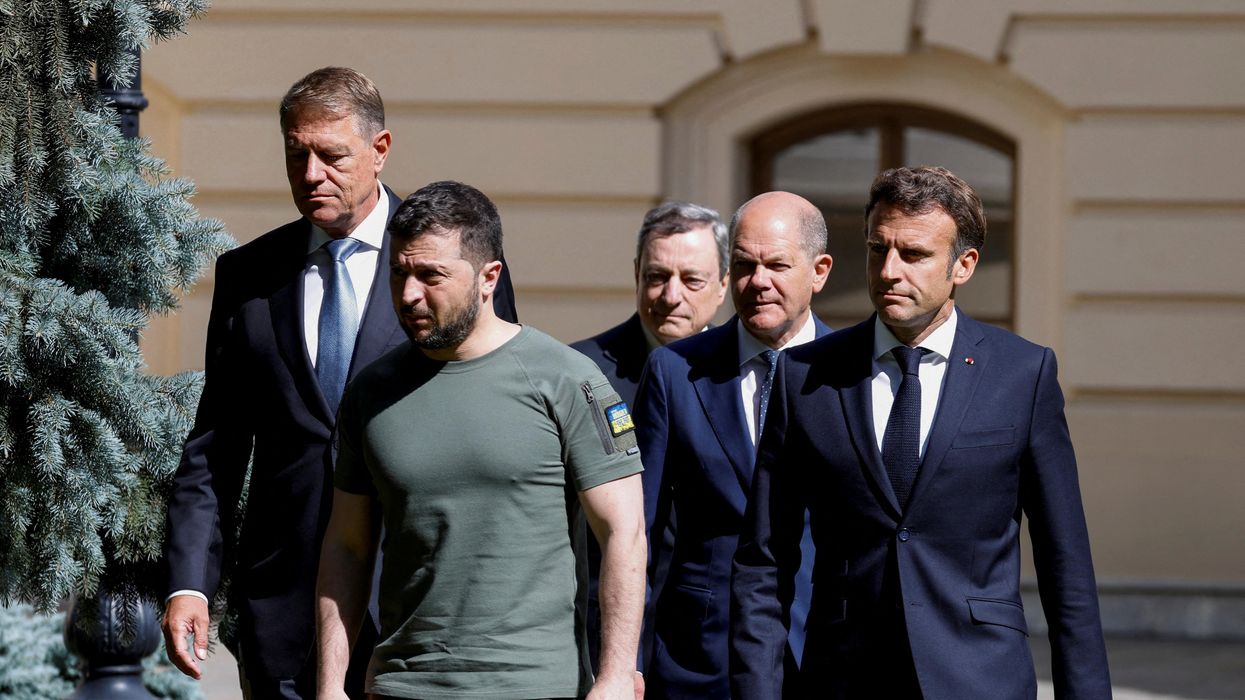United Nations
UN Chief: Urgent global problems can't be fixed until Ukraine war ends
In an exclusive interview with GZERO World, UN Secretary-General António Guterres assures Ian Bremmer that global development will be front at center at this year's UN General Assembly. And yet, he also says that "the single most important thing is to have peace in Ukraine....And so, the first thing that we need is to stop that war."
Sep 14, 2023
